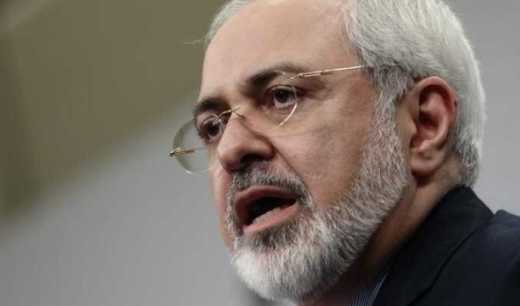On December 8 in a letter to world’s top diplomats, Israeli foreign minister excluded of course, Iranian Foreign Minister Mohammad Javad Zarif elaborated on the latest developments in negotiations between the Islamic Republic of Iran and P5+1 on Tehran’s peaceful nuclear program. No doubt, the letter diplomacy, if you will, is proof of Iran’s goodwill gesture at a time when the other parties to the talks keep changing course and stance at the eleventh-hour. Donyay-e Eghtesad newspaper on December 27 ran a report on explanations by two former Iranian diplomats on why the foreign minister decided to put pen to paper:
Ali Akbar Velayati, an advisor to the Supreme Leader: Western frameworks are not coherent
We witnessed a change of heart on the part of the West in Vienna when the talks seemed to be closing in on a deal. By Sunday morning [one day before the November 24 deadline] the Westerners were acting as if the conclusiveness of the talks was certain, but they changed their mind all of a sudden. This shows that Western negotiators, including the US secretary of state, had no real authority at the talks.
The US and its fellow P5+1 had better send those officials to the talks who have strong willpower and clear guidelines to follow, just like the Iranians.
[…]
For sure, countries consult with their foreign ministers and agree on initial principles before they enter talks. That the Americans change their lines is perhaps the result of pressures placed on them at home or abroad to change the outcome of the talks in their own favor. The US which has for long claimed to be a super power risks its credibility by failing to honor its commitments.
Seyyed Hossein Mousavian, a former Iranian nuclear negotiator: Iran has acted in good faith
Western demands which go beyond the requirements of the nuclear Non-Proliferation Treaty (NPT) are the major obstacle standing in the way of a nuclear deal between Iran and P5+1. The letter written by Foreign Minister Zarif has also underscored this fact.
I believe that the US president and secretary of state are both serious in seeking a deal that entails uranium enrichment and the gradual lifting of the sanctions. They do not intend to play politics with Iran. However, the fact of the matter is that the laws governing US sanctions against Iran are complicated and the American president does not have the authority to lift them. At best, he might be able to have them suspended. Anyway, it is a domestic issue for the Americans and the Obama administration will have to secure the green-light of Congress.
I am optimistic about the prospects of a deal. President Rouhani’s government and the Obama administration are both determined. The Europeans, the Russians, and the Chinese are also convinced. Above all, Iran’s negotiating team has the backing of the Supreme Leader. Therefore, conclusion of a final deal is possible, and God willing it will come soon.
